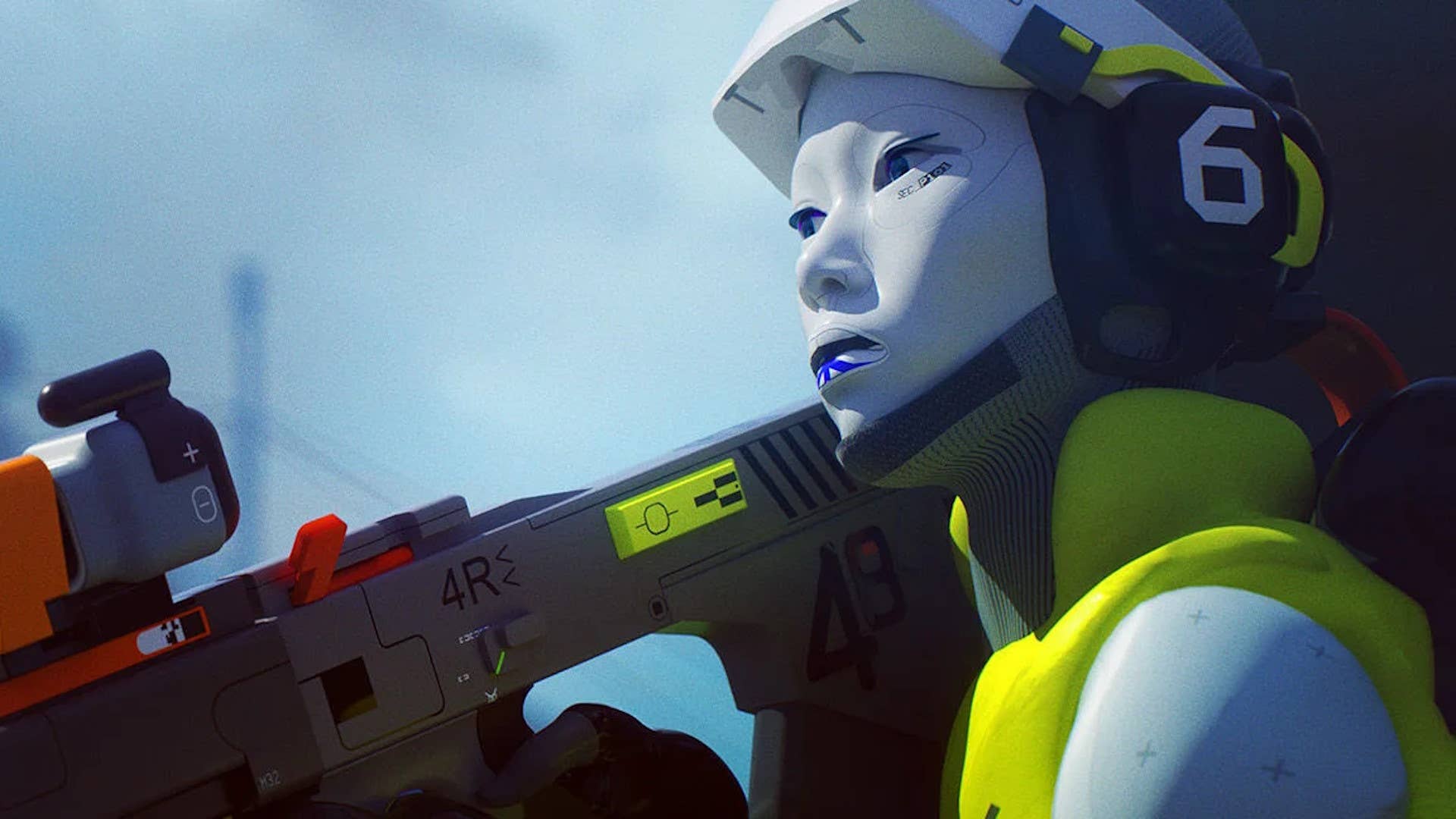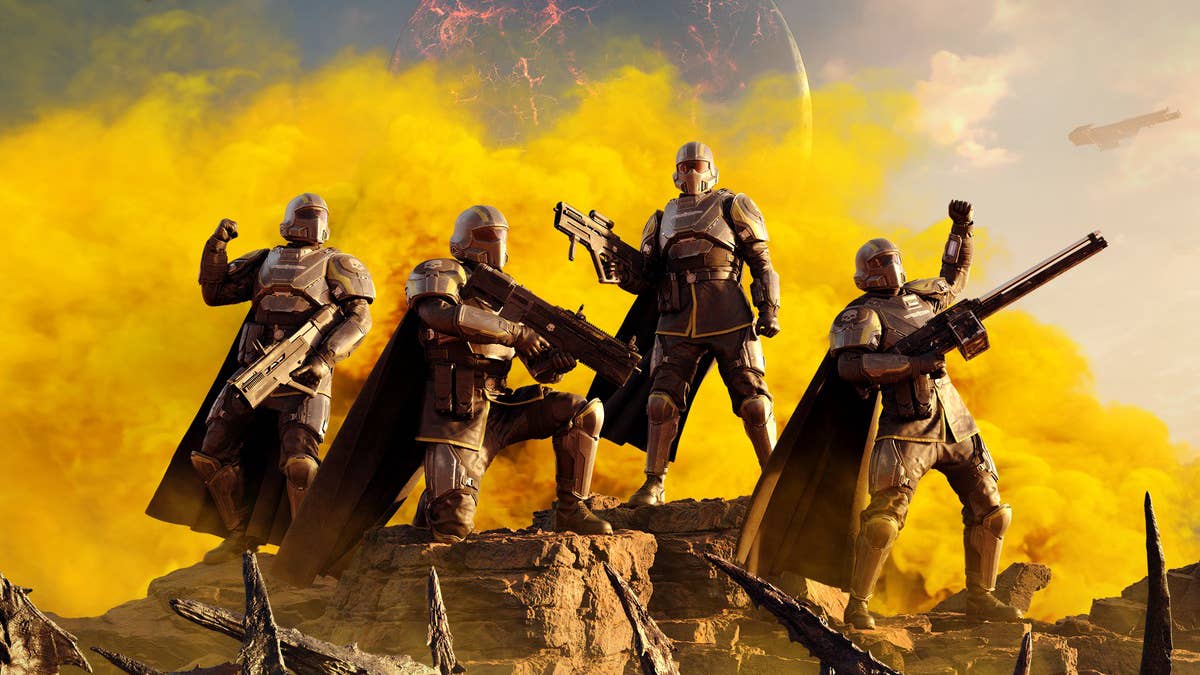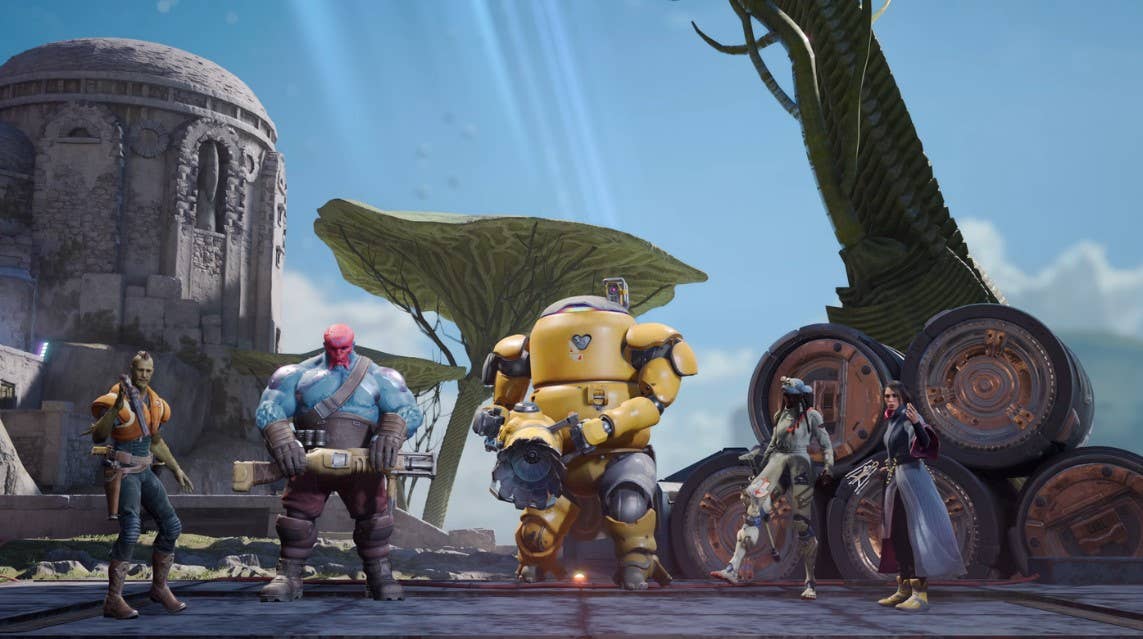In a lot of relations, matters for Sony are currently going well. PlayStation 5 has sold strictly, usually PS4’s performance has kept its retail prices high, despite the cost pressure from the cost of the PS4 to equal points in its Life Cycle.
Its biggest direct rival, Microsoft, started the breed with a great hardware lineup but eventually turned away from the console special software and became one of the third party’s largest publisher at the playstation.
Sony has an enviable lineup of studios and Premium First Party Game Franchises, it has begun to succeed with some IP film and TV adaptation of its game, and gradually developing a solid sideline business in the PC version of its blockbuster titles, which will sell the burden of the PS-5 year.
Of course. All this is not so pink. With the long -term theory, for example, it is not irrational to say that although the console business has stubborn all predictions during the past one or two, it certainly has found itself to break the roof of the glass and break the roof of the glass around the base mark installed by PS2. Nevertheless, Sony is performing very well in the confinement of the reality of this market – with the exception of a specific part of the company, on which a question mark is so large that it has shadowed the abundance of success.
It is a strategic inigma boobi-or to be more specific, it is a whole content strategy aimed at anchoring around $ 6 3.6 billion of bongs in 2022. While Microsoft was a chicken feed compared to Microsoft for gaming during a similar game, it meant that it was a tremendous purchase.

Sony found the religion of direct services, and felt bad. The company, or at least some influential people within the company, believe that the hardware and premium games have come to come by finding the next Fortatite.
With your experience of running the franchise of destiny, destiny, and with numerous non -declared direct service titles, this strategy will not only make its direct service games, but also provides skills and guidance to Sony’s studios because they served on their basic IPS -based service titles.
In the years to come, this strategy has laid the foundation to some extent – at least not because instead of being embellished in the crown of direct service efforts, the acquisition of Bangi’s Sony is a result of a new fire in the company.
I wonder if the release dates of Concord and Holders 2 changed around
Although the insights of the internal works of the relationship are very incredible, most people undoubtedly have an ax to leak out information, one speculation that a strange, destructive tug of war between Bangi’s leadership and his new owners in Sony continues. What we can say with certainty is that the income from destiny 2 is brutally fluctuated (as the standard of sports and players’ feelings was towards it), questioning how far Sony’s other studios want to directly towards the services strategy.
Big holiday.
However, nevertheless, Sony’s commitment that her future is directly with the service release does not seem – okay, at least not much. By the early 2026, a dozen direct service games’ preliminary projects were released to six years ago. Depending on how you are counting (keep in mind that titles like MLB are considered directly service, even if you think of this category, you don’t jump in mind), it seems that half the prophecy will be remembered to a great extent, in a very important way to make a quick service.

There was also a widespread suspension that a year ago, Sony Interactive Entertainment Boss Jim Ryan’s retirement company could see the retirement company quietly ending its commitment to direct services. Nevertheless, Sony’s messaging recommends focusing on the sector. SIE co -CEO Herman Hills only announced a new direct service -based studio in the PlayStation Studios Group, Team LFG this week.
In 2022, the acquisition of bongs has a kind of feeling. The climate around the direct service was very positive. It was a long time when we saw a huge, expensive failures like Warner’s destructive suicide squad: Kill the Justice League, or really Sony’s own Connor. Sony lacked expertise in this sector, and the Bongi Dell could turn this gap.
Nevertheless, this was a danger – at least not because it had flown to buy only major studios in Sony’s D -facto policy, with which he had built a very close relationship on successful titles for many years, even though the policy was the first place in the construction of PlayStation Studios.
Today, the climate is very different around direct service sports, at least due to the aforementioned failures, but also because of this type of services, a strong turning point in consumers’ emotions. However, Sony still has a billions of dollars of dollars that really only served directly to it, and someone needs surprise to the extent to which the way is dependent.
The New Live Service Studio, Team LFG, is an excellent example that it looks directly from Bangi, so it still has to advance Sony’s engagement with this market sector.
It is worth noting, though, Sony’s direct services also had some early destiny, its first real dip in the water is the best and well received Haldures 2. In any high risk, the fate of the early is a curse, as you fight the couple’s good fortune than that person and sometimes try to eliminate your money in it.
I am surprised that if the release dates of Concord and Haldures 2 were changed around, Sony’s strategic positioning could now sound now.
Even it was not for the need to do anything with bongs, and the feeling that Haldures 2 shows that this market sector can work for Sony, is another logic that can reduce direct commitment to service games-even though it is now considered to be more widespread to launch. This is the logic of venture capital, which can often look quite crazy with the hunger of risk from a normal investor’s point of view, but about high risks and high prizes.

Venture Capitalists are generally not much interested in solid businesses, including solid risk profiles and a margin of decent profit. They are interested in crazy, fast -growing businesses that are likely to be incredibly provoked and die, unlikely they will return a hundred times, thousand times, or even inverted in the unexpected event. The logic of Venture Portfolio is that it is worth losing a huge amount of money on each of the 99 bankrupt companies you return if the 100th company in the pack kills Jack Pot for you and returns your investment a thousand times.
Since games don’t really do so – they are dangerous, but on this scale never upset rewards – Venture Capital Model does not work very well for them, and such VC activity has been very limited in this place for many years. Direct service games, however, turn it over their heads. It is extremely, uncertain that your game will be the next Fortatite, but if so, it will provide a lot of return in which Venture Capital Funds are interested.
In my view, this is a kind of thinking that has been rooted in some circles inside Sony. Who cares that if they return dozens of failures, if one of them becomes a new title, the repeated income of which can be a new pillar of this business itself?
In the years to come, we will see if it is really the point that Sony is intended to take-if it is pleased to absorb more and more concrete-style failures (or, perhaps more likely, a group of commercially modest actors that last before closing for a year or two, which looks like a straightforward, lively, funny, funny, funny, ridiculous, funny, funny, funny.
If so, this is a strategy that is particularly at risk for Sony, because when a Venture Capital Fund can return to dozens of losers without any really noted or care for someone – this is just a part of the business – if it is definitely under Sony’s users.
Money is just one of the currencies that need to be considered in this equation, and it is allegedly the easiest to play gambling. The dignity and reputation of the platform and brand is a very valuable currency, and it will be very difficult to earn it when it is lost.
